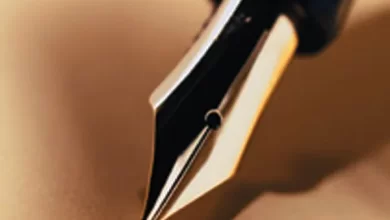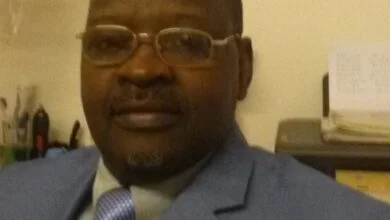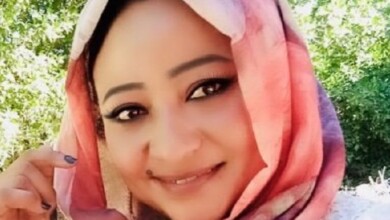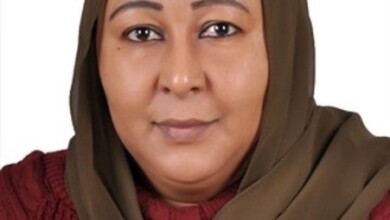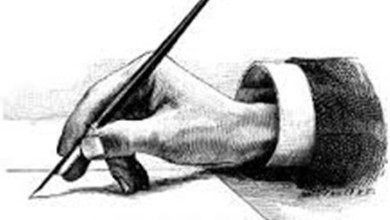The Fray of the Marginalized: A cry in the face of deception

Dr. Al-Waleed Adam Madibou
What a pity, how heartbreaking! The sons of the marginalized components are fighting, and the open wounds of the homeland are swallowing up its sons. The rifles of Ali Rizq Allah (Al-Savanna) and Jawdat are locked in a confrontation, not for the sake of a homeland that accommodates all, but in a futile battle engineered by the racist military elites, those who guard the historical privileges of the Central elites and are skilled at transforming dignity into privilege and awareness into an accusation.
The elites have succeeded in causing strife: they have moved the battle from the Center to the peripheries, from Khartoum to El-Fasher, from Jebel Awliya to Al-Khawi, making Darfur and Kordofan an arena for the struggle of the impoverished. Today, the sons of starving villages, the descendants of shepherds and farmers, are paying the price of a major deception tactic. Do the soldiers of the marginalized realize that the rifles they carry aren’t weapons of liberation, but tools in the hands of those who wish for them to remain slaves in the folds of history? Do the combatants realize this dilemma, or will they, with their illusions of heroism and zeal, cost us more lives?
No, Al-Burhan isn’t waging this war out of a desire for victory, but rather out of a desire to rid himself of the non-Arabs, believing that this particular tactic will pave the way for a settlement with the rest. However, what Al-Burhan, along with his sick conspiratorial mind, fails to realize is that those he imagines to be yesterday’s allies or today’s adversaries have resolved, along with the Nuba and Nubians, the Hamaj and the Junaidies -belonging to the Junaid tribe, to uproot the oppressive Central State and cut off the snake’s head. His pride was humiliated when the soldiers of the marginalized defeated him and rubbed his nose in the dirt. Hence, he began searching for a new fire to ignite, hoping it might burn what remains of the homeland.
Nevertheless, fires don’t normally rage out of nowhere. They’re the result of decades of deliberate marginalization. When we review World Bank data for (2023), we find that (65%) of Darfur’s population live below the poverty line, compared to (38%) in Khartoum. If we were to compare the sheer amount of monetary spending allocated by the government for infrastructure between the Center and the marginalized regions in Sudan, we find that Khartoum alone accounts for more than (40%) of service projects, while states like Central Darfur and West Kordofan are left without paved roads or effective electricity networks.
The Central elites have never been productive; rather, they have always been brokers in the national market, exploiting ignorance and feeding off poverty. Because they are fully aware that a renaissance in the marginalized regions would end their power and expose their inability to achieve development.
We ought to distinguish between the first Jalaba, the statesmen of (1956), who subdued the marginalized regions with soft methods, such as a unified national language and deceptive unity rhetoric, and the later Jalaba, the thugs of the (1989) State, who have moved on to harsh methods, such as forced displacement, bombing, and civil strife. When hegemony was exposed and the Central myth collapsed, they sought to destroy every development project across the marginalized territory: The Savannah agricultural project was aborted, work on Ghazala Jawzt was halted, the project to supply Nyala with water from the Baggara Basin was dropped, and the Babanusa-Wau road was rendered to being a dream hanging on the hopes of international financing.
Nonetheless, the historical moment has changed. The marginalized regions no longer accept the role of the (cattle herder), while the Central elites are content with the role of the (lord of wealth). The Central elites have no choice but to accept a federal, democratic State, with a Secular Constitution that treats citizens equally, that redistributes power and wealth fairly. Either that, or they face political and historical isolation, granting them a taste of marginalization -which they have long despised- not in a manner of secluding them to a marginalized territory but in rendering them subjects to the concept and lived reality of being marginalized.
At this juncture, the pertinent question isn’t only directed at these Central elites, but at those who are being killed on the battlefields without realizing why they are fighting as well. Do you want to continue to be fuel for others’ wars? Or is it time for you to be active and take charge? For El-Geneina to transform from a point of contact between Arabs and Masalit into a meeting point between the continental highway linking East and West Africa and the one linking the North and South?
In Conclusion, its time for the marginalized components to awaken from their bloodthirsty stupor and see the truth: Their enemy isn’t represented in those who share their meager bread, but rather those who have accumulated privileges over their silence and marketed their misery as an irreversible fate. Its time for this spilled blood to be revealed as awareness, not resentment. It is time to emerge from the fire of marginalization, not into the ashes of war, but into the light of full citizenship, where the human being is valuable, not an instrument of consumption or fuel for conflict.
May 14th, 2025

